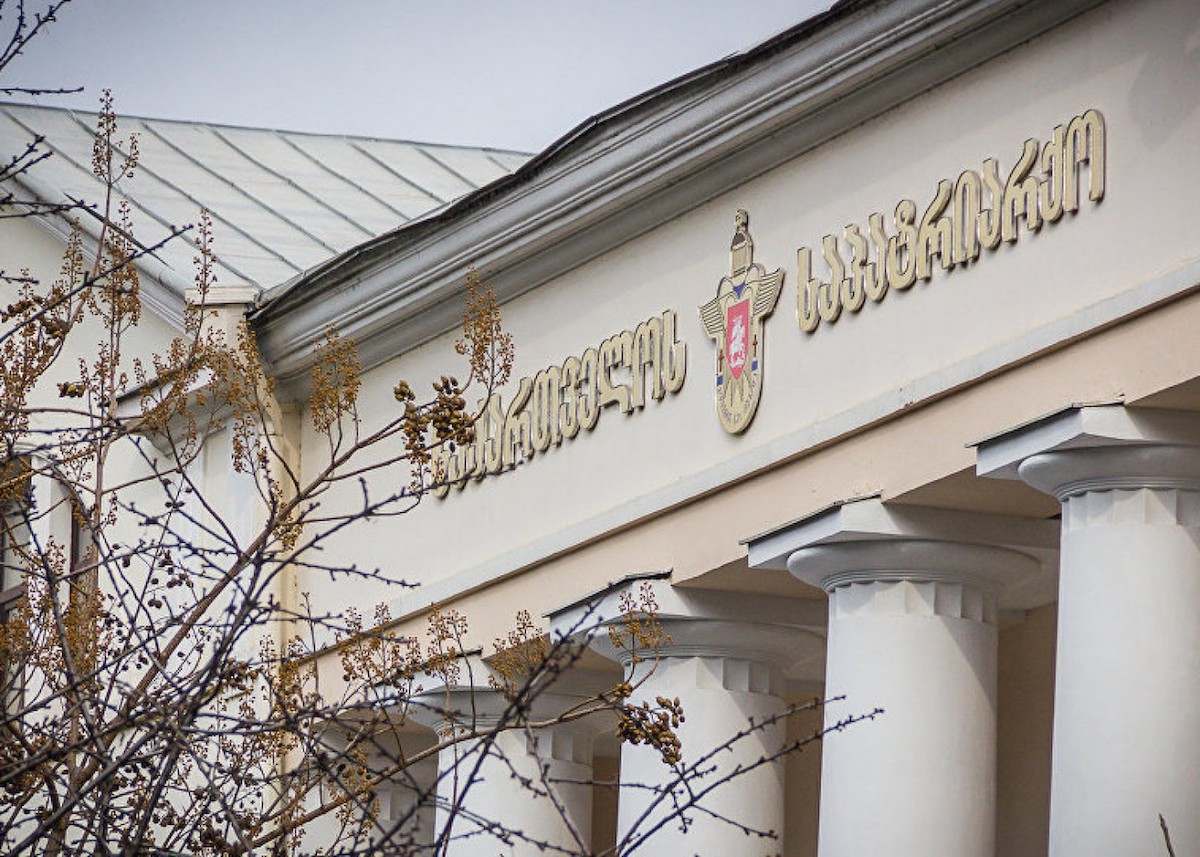There are no positive dynamics in the policy of equal rights in Georgia - SJC
Equal rights in Georgia
The Social Justice Center (SJC) published an assessment of the state of human rights policy in Georgia in 2022, with no “positive dynamics” noted.
Particular attention in the study is given to the protection of human rights in conflict regions and issues of state policy towards ethnic and religious minorities.
Follow us – Twitter | Facebook | Instagram
The main conclusions of the study:
● In 2022, no significant positive dynamics appeared in the state policy in any of the noted areas, despite the fact that, at the formal level, the government’s efforts to develop and approve human rights documents and action plans were visible.
● Despite the fact that ethnic and religious minorities show great interest and readiness for self-organization and participation in public life, institutional policy does not create conditions for their real democratic participation either at the local or central levels.
● In general, in 2022 there was a noticeable trend in the closure of state institutions, even at the level of those departments where cooperation with civil organizations was active in previous years. For example, the Ministry of Internal Affairs, the government administration, the Ministry of Reconciliation and Civil Equality — communication and dialogue at their level were weak, fragmented and insufficient.
Legal status of non-dominant ethnic groups
● Despite the fact that in 2021 the government adopted the state strategy for civil equality and integration for 2021-2030 and the corresponding action plan, the state did not show fundamental reforms and initiatives related to the start of this process, and there was no proper discussion of this topic among public organizations.
● Among the problems faced by ethnic and religious minorities, special attention should be given to the problem of citizenship, which is the main guarantee for people to exercise their other rights.
● Citizenship issues are particularly acute for the more than 10,000 ethnic Armenians living in Javakheti who lost Georgian citizenship due to labor migration amid the 2008 war, as well as for ethnic Ossetians, repatriated Meskhetian Muslims and Chechen refugees (about 100 people), who fled Georgia during the conflict in the 1990s.
● Existing citizenship laws and policies are less sensitive to the problems faced by these groups and leave stateless persons with strong political, cultural and social ties to Georgia without basic political and social rights.
● One positive development of 2022 is the draft law “On the right to change a surname that is incompatible with historical and cultural traditions” prepared by the Parliament of Georgia, which appeared after the unprecedented self-organization of representatives of ethnic minorities.
Non-dominant religious groups, religious freedom and politics
● This year the government has not made important decisions regarding religious freedom. The unequal position of religious minorities continues to be a serious problem.
● On September 13-14, 2021, according to the the State Security Service, a number of clergymen were granted the status of victims; but after reviewing the case file, it became clear that fundamental shortcomings and problems had been identified in the course of the investigation.
For example:
As part of the investigation, no high-ranking officials of the state security service were questioned.
The interviewees are not employees of the operational-technical agency, and the internal mechanisms and instructions of the operational-technical agency have not been fully checked either.
The interrogation of other SSS officers is also incorrect; they often did not answer the main questions of the investigation, referring to the protection of state secrets.
As part of the investigation, the legal grounds on which the interrogation of persons under protection was carried out have not yet been verified.
A number of investigative actions (for example, searches and seizures of telephones and office computers) were carried out belatedly, when it was possible to falsify physical evidence.
“In light of the fact that the state has not taken serious political and legal responsibility for the massive practice of illegal wiretapping, it is still unclear whether there are legal and institutional guarantees that the state security service will not massively wiretap and store private communications of citizens,” the Center for Social Justice says.
Ineffective state response to crimes committed by ultra-nationalist groups
● In 2022, the state’s response to hate crimes committed by ultra-nationalist and extremist groups has again become an important challenge. The state does not have an effective plan of action to combat and respond to violence emanating from ultra-nationalist groups.
● Even at the level of analytical and preventative work, the State Security Service does not provide information on the sources of funding and affiliation of ultra-conservative pro-Russian groups.
Human rights in conflict regions
● In 2022, there were no tangible positive changes in terms of conflict transformation nor in the protection of human rights in conflict regions and villages along the dividing line.
● Begun in 2021, the process of developing a state strategy for reconciliation and de-occupation has not been completed, and the state still does not have a strategy on these critical issues.
Equal rights in Georgia





















